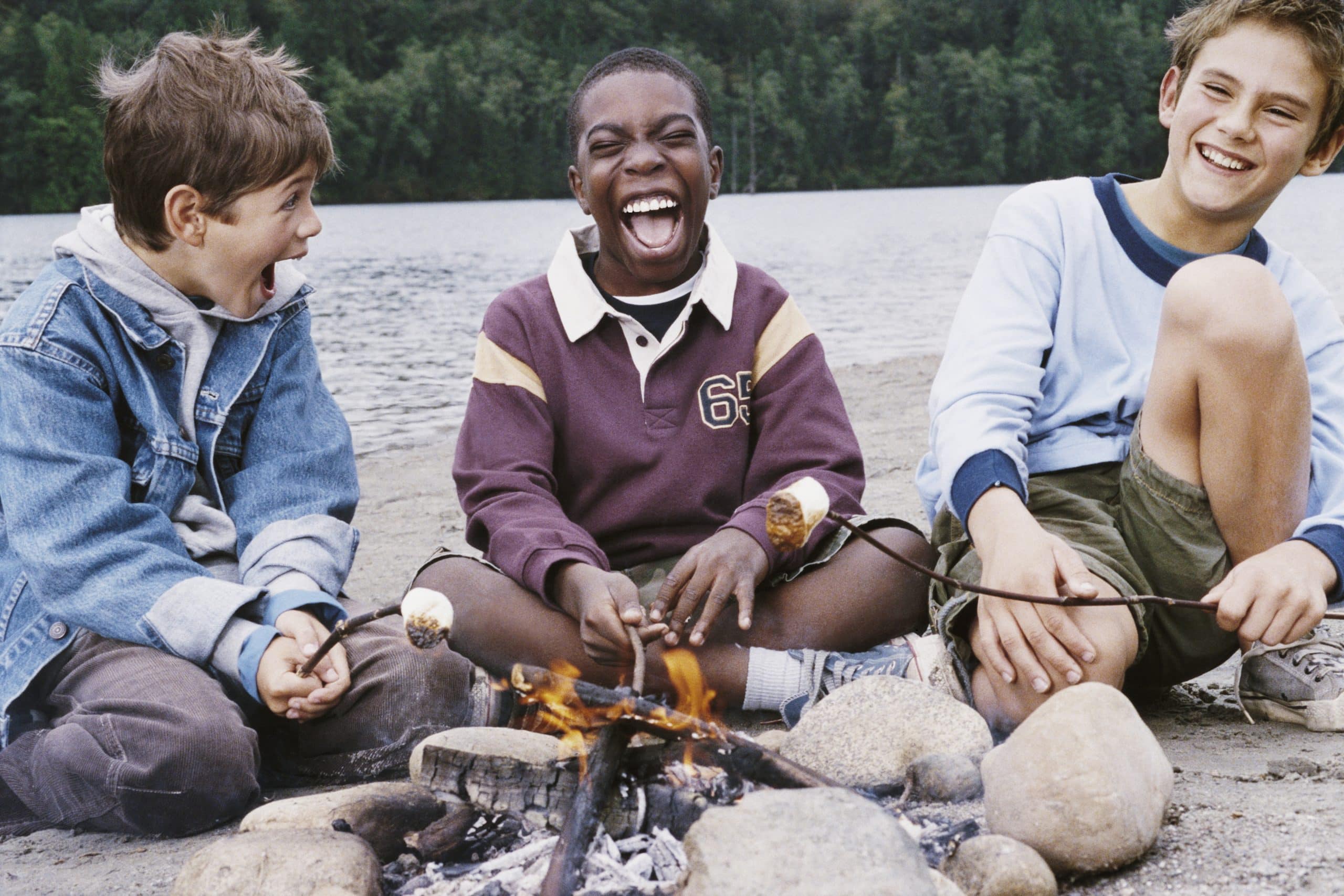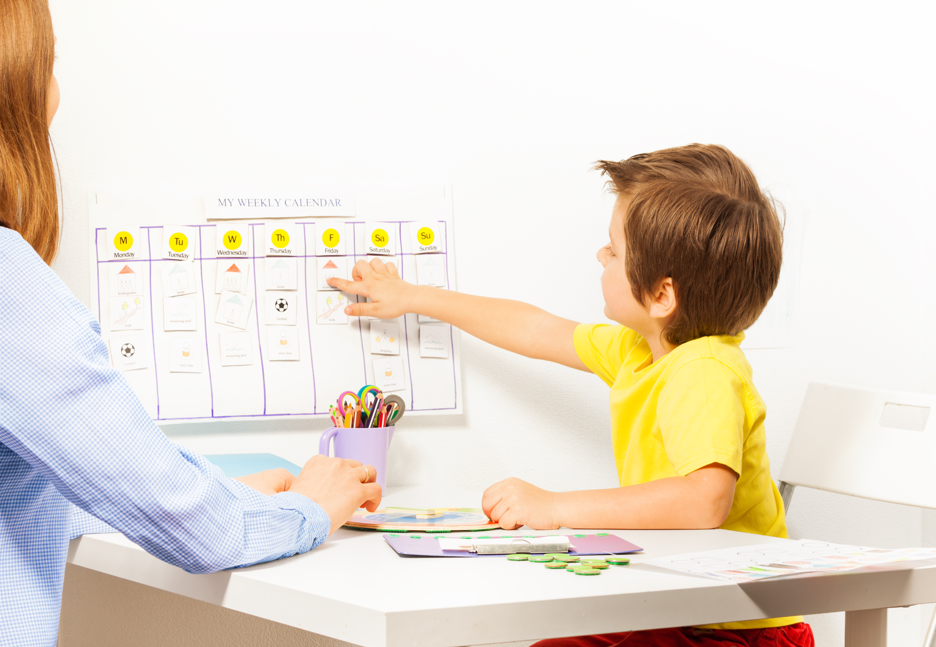Building friendships is a vital part of childhood, but for some children, it can be challenging to navigate social interactions. If your child is struggling to make friends, know that there are effective techniques rooted in behavior analysis that can help. Let’s explore some parent-friendly strategies to support your child in developing essential social skills and fostering meaningful connections.
1. Break It Down: Teach Social Skills Step-by-Step
Start by breaking down social skills into manageable steps. For instance, if your child finds it difficult to initiate conversations, practice simple greetings like “Hi, my name is…” or “How are you?” Role-play these scenarios at home and provide plenty of praise and encouragement for their efforts.
2. Encourage Peer Interaction
Encourage your child to interact with peers in structured settings like playdates or group activities. Be proactive in arranging opportunities for your child to engage with others, and provide gentle guidance on how to initiate play or join in group games. Positive experiences with peers can boost your child’s confidence and willingness to socialize.
3. Use Visual Aids and Stories
Visual aids, such as picture schedules or social stories, can help your child understand social expectations and navigate social situations more easily. Create simple visuals to illustrate common social cues and appropriate behaviors. For example, if your child has difficulty taking turns, you might create a visual cue for your child to “wait”. Practice using visual cues with your child, and reinforce the behavior that you’re seeking, before introducing the visual cues in situations with peers. You can also write short stories or draw cartoons to depict social scenarios and discuss with your child how they would respond.
4. Take Small Steps: Gradual Exposure to Social Situations
If your child feels overwhelmed by certain social situations, introduce them gradually. Start with low-pressure activities where they can interact with one or two familiar peers. As they become more comfortable, gradually increase the complexity of social settings and the number of peers involved. Celebrate each step forward, no matter how small.
5. Celebrate Progress and Use Positive Reinforcement
Celebrate your child’s efforts and successes in social situations. Offer specific praise for their attempts to make friends or engage in social activities. Use rewards that are meaningful to your child, such as access to a preferred toy or activity, to reinforce positive behaviors. Consistent positive reinforcement can motivate your child to continue practicing their social skills.
By incorporating these parent-friendly strategies rooted in applied behavior analysis, you can help your child develop the social skills they need to thrive. Remember to be patient, celebrate small victories, and provide plenty of love and encouragement along the way. Together, you can empower your child to build lasting friendships and navigate the social world with confidence.
Encourage your child to interact with peers in structured settings like playdates or group activities. Be proactive in arranging opportunities for your child to engage with others, and provide gentle guidance on how to initiate play or join in group games. Positive experiences with peers can boost your child’s confidence and willingness to socialize.
3. Use Visual Aids and Stories
Visual aids, such as picture schedules or social stories, can help your child understand social expectations and navigate social situations more easily. Create simple visuals to illustrate common social cues and appropriate behaviors. For example, if your child has difficulty taking turns, you might create a visual cue for your child to “wait”. Practice using visual cues with your child, and reinforce the behavior that you’re seeking, before introducing the visual cues in situations with peers. You can also write short stories or draw cartoons to depict social scenarios and discuss with your child how they would respond.
4. Take Small Steps: Gradual Exposure to Social Situations
If your child feels overwhelmed by certain social situations, introduce them gradually. Start with low-pressure activities where they can interact with one or two familiar peers. As they become more comfortable, gradually increase the complexity of social settings and the number of peers involved. Celebrate each step forward, no matter how small.
5. Celebrate Progress and Use Positive Reinforcement
Celebrate your child’s efforts and successes in social situations. Offer specific praise for their attempts to make friends or engage in social activities. Use rewards that are meaningful to your child, such as access to a preferred toy or activity, to reinforce positive behaviors. Consistent positive reinforcement can motivate your child to continue practicing their social skills.
By incorporating these parent-friendly strategies rooted in applied behavior analysis, you can help your child develop the social skills they need to thrive. Remember to be patient, celebrate small victories, and provide plenty of love and encouragement along the way. Together, you can empower your child to build lasting friendships and navigate the social world with confidence.
Visual aids, such as picture schedules or social stories, can help your child understand social expectations and navigate social situations more easily. Create simple visuals to illustrate common social cues and appropriate behaviors. For example, if your child has difficulty taking turns, you might create a visual cue for your child to “wait”. Practice using visual cues with your child, and reinforce the behavior that you’re seeking, before introducing the visual cues in situations with peers. You can also write short stories or draw cartoons to depict social scenarios and discuss with your child how they would respond.
4. Take Small Steps: Gradual Exposure to Social Situations
If your child feels overwhelmed by certain social situations, introduce them gradually. Start with low-pressure activities where they can interact with one or two familiar peers. As they become more comfortable, gradually increase the complexity of social settings and the number of peers involved. Celebrate each step forward, no matter how small.
5. Celebrate Progress and Use Positive Reinforcement
Celebrate your child’s efforts and successes in social situations. Offer specific praise for their attempts to make friends or engage in social activities. Use rewards that are meaningful to your child, such as access to a preferred toy or activity, to reinforce positive behaviors. Consistent positive reinforcement can motivate your child to continue practicing their social skills.
By incorporating these parent-friendly strategies rooted in applied behavior analysis, you can help your child develop the social skills they need to thrive. Remember to be patient, celebrate small victories, and provide plenty of love and encouragement along the way. Together, you can empower your child to build lasting friendships and navigate the social world with confidence.
If your child feels overwhelmed by certain social situations, introduce them gradually. Start with low-pressure activities where they can interact with one or two familiar peers. As they become more comfortable, gradually increase the complexity of social settings and the number of peers involved. Celebrate each step forward, no matter how small.
5. Celebrate Progress and Use Positive Reinforcement
Celebrate your child’s efforts and successes in social situations. Offer specific praise for their attempts to make friends or engage in social activities. Use rewards that are meaningful to your child, such as access to a preferred toy or activity, to reinforce positive behaviors. Consistent positive reinforcement can motivate your child to continue practicing their social skills.
By incorporating these parent-friendly strategies rooted in applied behavior analysis, you can help your child develop the social skills they need to thrive. Remember to be patient, celebrate small victories, and provide plenty of love and encouragement along the way. Together, you can empower your child to build lasting friendships and navigate the social world with confidence.
Celebrate your child’s efforts and successes in social situations. Offer specific praise for their attempts to make friends or engage in social activities. Use rewards that are meaningful to your child, such as access to a preferred toy or activity, to reinforce positive behaviors. Consistent positive reinforcement can motivate your child to continue practicing their social skills.
By incorporating these parent-friendly strategies rooted in applied behavior analysis, you can help your child develop the social skills they need to thrive. Remember to be patient, celebrate small victories, and provide plenty of love and encouragement along the way. Together, you can empower your child to build lasting friendships and navigate the social world with confidence.




